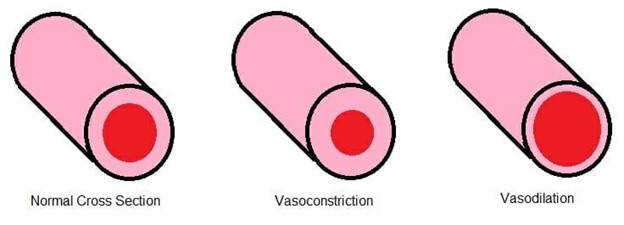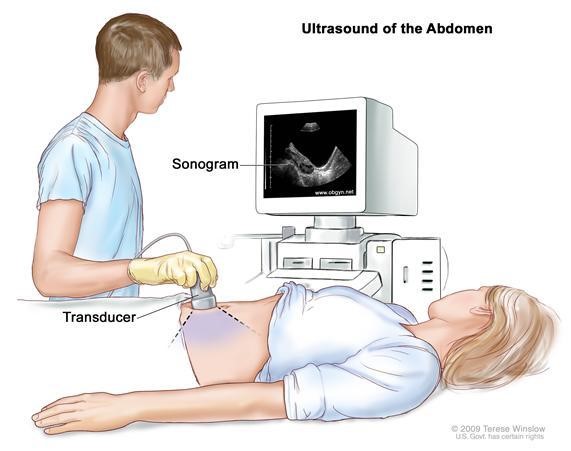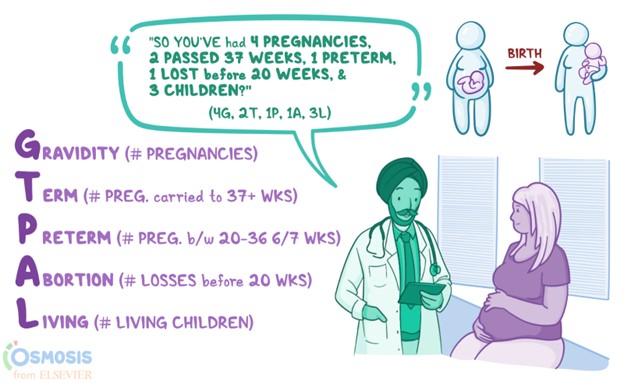Assessment of a pregnant woman and her fetus reveals tachycardia and hypertension. There is also evidence suggesting vasoconstriction. The nurse would question the woman about use of which substance?
Marijuana
Cocaine
Nicotine
Caffeine
Heroin
The Correct Answer is B
Choice A Reason: This is incorrect because marijuana is a psychoactive substance that affects the central nervous system and can cause euphoria, relaxation, altered perception, and impaired memory. It does not cause tachycardia, hypertension, or vasoconstriction in pregnant women or their fetuses.
Choice B Reason: This is correct because cocaine is a stimulant substance that affects the cardiovascular system and can cause tachycardia, hypertension, vasoconstriction, arrhythmias, and ischemia in pregnant women or their fetuses. It can also increase the risk of placental abruption, preterm labor, intrauterine growth restriction, and fetal death.
Choice C Reason: This is incorrect because nicotine is a stimulant substance that affects the respiratory system and can cause bronchodilation, increased heart rate, and increased blood pressure in pregnant women or their fetuses. However, it does not cause vasoconstriction, but rather vasodilation.
Choice D Reason: This is incorrect because caffeine is a stimulant substance that affects the central nervous system and can cause alertness, insomnia, anxiety, and increased urine output in pregnant women or their fetuses. It does not cause tachycardia, hypertension, or vasoconstriction in moderate doses.
Choice E Reason: This is incorrect because heroin is an opioid substance that affects the central nervous system and can cause euphoria, sedation, analgesia, and respiratory depression in pregnant women or their fetuses. It does not cause tachycardia, hypertension, or vasoconstriction.

Nursing Test Bank
Naxlex Comprehensive Predictor Exams
Related Questions
Correct Answer is B
Explanation
Choice A Reason: Nagele's rule is a formula that estimates the due date by subtracting three months from the first day of the last menstrual period and adding seven days. However, this method assumes a regular 28-day cycle and may not be accurate for women with irregular cycles or who are unsure of their last menstrual period.
Choice B Reason: Ultrasound is the most accurate method of determining the estimated due date, especially in the first trimester. Ultrasound uses sound waves to create an image of the fetus and measure its size and development. Ultrasound can also detect any abnormalities or complications that may affect the pregnancy.
Choice C Reason: Gestation wheel is a circular calendar that estimates the due date by aligning the first day of the last menstrual period with a corresponding date on the wheel. However, this method also assumes a regular 28-day cycle and may not account for variations in ovulation or implantation.
Choice D Reason: Birth calculator is an online tool that estimates the due date based on various factors such as the last menstrual period, cycle length, ovulation date, conception date, or ultrasound date. However, this method may not be reliable as it depends on the accuracy of the input data and the algorithm used by the calculator.

Correct Answer is B
Explanation
Choice A Reason: This option is incorrect because it underestimates the number of pregnancies (gravida) and overestimates the number of preterm births (preterm). The client has had four pregnancies (twins count as one pregnancy), not three. The client has had one preterm birth (the twins), not two.
Choice B Reason: This option is correct because it accurately reflects the client's obstetric history. GTPAL stands for Gravida, Term, Preterm, Abortions, and Living children. Gravida is the number of pregnancies a woman has had, regardless of outcome. Term is the number of pregnancies that ended at or beyond 37 weeks gestation. Preterm is the number of pregnancies that ended between 20 and 36 weeks gestation. Abortions are the number of pregnancies that ended before 20 weeks gestation, either spontaneously or induced. Living children are the number of children who are alive at present.
The client has had four pregnancies (gravida), one term birth (the son), one preterm birth (the twins), one abortion (the miscarriage), and three living children (the twins and the son).
Choice C Reason: This option is incorrect because it overestimates the number of preterm births (preterm) and underestimates the number of living children (living). The client has had one preterm birth (the twins), not two. The client has three living children (the twins and the son), not one.
Choice D Reason: This option is incorrect because it underestimates the number of pregnancies (gravida) and overestimates the number of abortions (abortions) and preterm births (preterm). The client has had four pregnancies (twins count as one pregnancy), not three. The client has had one abortion (the miscarriage), not two. The client has had one preterm birth (the twins), not two.

Whether you are a student looking to ace your exams or a practicing nurse seeking to enhance your expertise , our nursing education contents will empower you with the confidence and competence to make a difference in the lives of patients and become a respected leader in the healthcare field.
Visit Naxlex, invest in your future and unlock endless possibilities with our unparalleled nursing education contents today
Report Wrong Answer on the Current Question
Do you disagree with the answer? If yes, what is your expected answer? Explain.
Kindly be descriptive with the issue you are facing.
